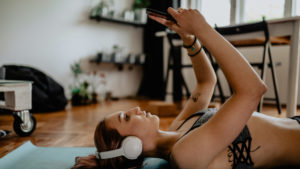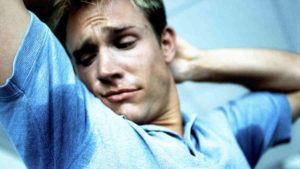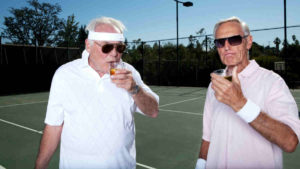‘We’re quietly confident’: ResApp on European, US approval

ResApp, Prime Minister? Picture: Getty Images
Medical device hopeful ResApp Health (ASX:RAP) says it is “quietly confident” of getting approval for its coughing app from European and American regulatory bodies, as it waits on the precipice of a make-or-break moment.
ResApp makes a smartphone app that helps clinicians diagnose respiratory diseases in children, and it is hoping that it will soon be able to sell its product to doctors.
The company submitted its application for the CE Mark, the European gold standard, in January, and is in the final stages of preparing its submission to the US Food and Drug Administration (FDA).
If successful, it means the company will be able to market a product that can diagnose lower respiratory tract disease, asthma and reactive airway disease and primary upper respiratory tract disease.
It is a critical moment — approvals could bring in plenty of money, but if the answer is neutral or, even worse, a no, it would be nothing short of a disaster.
But Tony Keating, ResApp chief, said he was as certain as he could be his company would get a yes.
“We’ve done a lot of hard work, we’ve got great clinical data, we’ve been working with experienced consultants who know how to file a submission and have a good handle on how likely one is to succeed, and we’re feeling quietly confident,” he told Stockhead.
“A rejection from both would be a challenge for us no doubt, but we really don’t think that’s likely given all the work we have put in so far. And they don’t tend to reject on the first submission anyway, it tends to be a conversation, not an outright no.
“I think we’re in with a very good shot, we are due to hear about the CE Mark imminently and hopefully we will soon be opening up the US and European markets and marketing and selling into them.”
The company is also developing an obstructive sleep apnoea screening test using a smartphone to diagnose snoring from a bedside table, which Mr Keating told Stockhead had generated good early results.
“So even if we did get a no from the regulatory bodies we still have adult coughing data and sleep apnoea data to fall back on,” he said.
“The data from the sleep lab has been positive, but now we need to answer the question does it work as well in the home setting, and that’s what we are in the process of finding out right now.”
UNLOCK INSIGHTS
Discover the untold stories of emerging ASX stocks.
Daily news and expert analysis, it's free to subscribe.
By proceeding, you confirm you understand that we handle personal information in accordance with our Privacy Policy.








